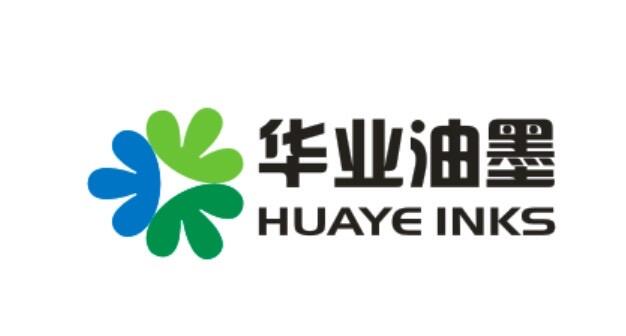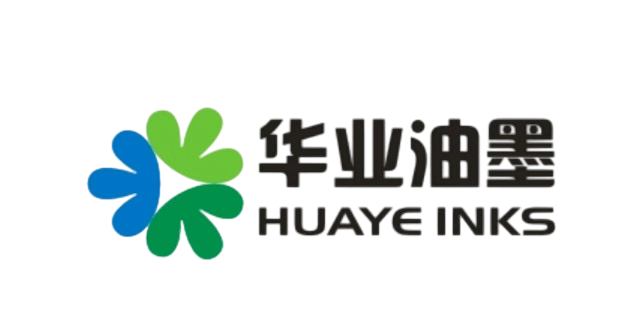Water-Based Inks: Exploring Its Benefits in Eco-Friendly Printing
The Industry Perspective: Water-Based Inks Advantages for Environment
"Did you know that global emissions of volatile organic compounds (VOC) are in the millions of tons per year in the printing industry? This industry mainly relies on Water-Based Inks," remarks Engineer Zhang, Technical Director of Zhongshan Huaye Ink & Coatings Co., Ltd. conducting an industry seminar. Water-Based Inks are better for the environment,” explained Engineer Zhang. They don’t use high VOCs, as water-based inks replace high VOC solvents with water. They release almost no gasses during the printing process and VOCs in the air.”
After a recent case study, it was revealed that a large packaging and printing company around Shanghai went for a complete switch to Water-Based Inks. Post-implementation assessments showed that air quality monitoring data around their factory benzene emissions decreased by 92% while employee health complaints dropped by 80% The company reduced benzo emissions which gave them international eco certifications and great access to American and European markets.
"Water-Based Inks are a ‘go green’ option and makes good sense from a business view,” shared Ms. Wang, the company's production manager. “We welcomed more socially conscious clients after we switched, even if we still incurred higher initial expenses.”
“Water-Based Inks are still overcoming proprietary hurdles with slow drying times and poor adhesion, but the R&D team at Zhongshan Huaye has made leaps and bounds with polymer resin and nano-pigment dispersion technologies,” commented Engineer Zhang. "In most scenarios traditional inks are used, today's Water-Based Inks are at least equal and often outshine them thanks to their greater color vibrancy and weather resistance."
The Performance of Water-Based Inks in Practical Applications
“Would you be answering your phone in your office and not in a meeting while I am talking to you, if you were Water-Based Inks?” Dr. Li, Chief Technical Expert at Zhongshan Huaye, smiled as he relayed common queries.
"I'll clarify that with a real-life scenario." A year ago, a prominent publisher of children's books in China made the decision to switch to Water-Based Inks for all their children's books. After three months of evaluation and testing, they discovered that the printing done with Water-Based Inks achieved more than 95% color match and, importantly, there was no unpleasant smell, which was commended by both parents and kindergarten teachers.
In actual printing processes, Water-Based Inks demonstrate several unique advantages. Firstly, they are Water-Based Inks tock different from solvent based inks. more friendly to equipment— the water-based system does not corrode rollers and rubber rollers which wear out faster on other equipment. This prolongs the lifespan of the printing machines. Secondly, safety—inspection results from a food packaging company indicated that containers printed with Water-Based Inks were far cleaner, more than national standards in migration tests and no violation in food contact provisions. “We conducted comparative experiments,” said Dr.Li, “with set parameters and the residual solvents in Water-Based Inks had only 1/20th of the amount of solvent-based inks.”
It is equally notable that the boundaries of adaptability of Water-Based Inks is continuing to grow. For high-end electronics manufacturers, Zhongshan Huaye designed specialized lines of water-based inks intended for metal surface printing, which solved the issue of low adhesion on metal substrates.
“Through special cross-linking technology, our Water-Based Inks achieve Level 0 adhesion (the highest level) on aluminum alloy surfaces,” said Dr. Li proudly. “This breaks the industry stereotype that water-based inks can only be used on paper materials.”
The Journey Forward for Water-Based Inks and Recommendations for the Industry
Water-Based Inks are undoubtedly the future of the printing industry given their environmentally friendly nature, especially with the tightening of international environmental policies. “Five years ago, we spent a lot of time explaining the value of Water-Based Inks to clients. Now, the situation is completely reversed,” recalled Ms. Chen, Marketing Director at Zhongshan Huaye. “Many clients actively request water-based inks, even as part of their corporate sustainability strategies.”
In a recent international collaboration project, Zhongshan Huaye furnished a Southeast Asian government with an eco-friendly Water-Based Ink printing solution. After implementation, the local printing industry’s VOC emissions became a model case for regional environmental governance after a year’s reduction of 65%. “The key to this project’s success was that we provided a complete solution, not just ink products,” emphasized Ms. Chen. “This included equipment modification recommendations, process parameter optimization, and training for key personnel.”
Industry specialists have advice for companies thinking about switching to Water-Based Inks: begin with a comprehensive needs analysis as various printing processes like offset, gravure, and flexography have different requirements for water-based inks.
Next, pick a supplier with strong technical capabilities since the performance and environmental standards of high quality Water-Based Inks differ from low quality products. Lastly, prioritize employee training as operational procedures for water-based inks are only slightly different from those for conventional inks. “All successful transitioning companies have one thing in common,” said Engineer Zhang. “They consider adopting Water-Based Inks as an opportunity for technological improvement rather than as a mere compliance obligation.”
Water-Based Inks are shifting from being regarded as an “eco-friendly alternative” to a “performance-first solution” as the technology gets better and markets develop. In this age of sustainability, water-based inks not only help businesses comply with environmental requirements but also add value to products and improve brand reputation, creating a win-win situation for both economy and ecology.



